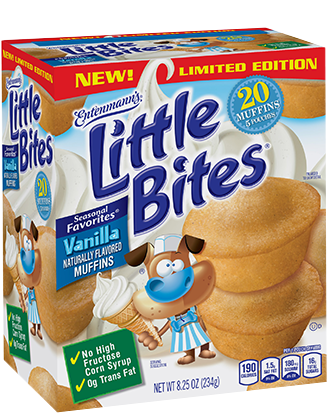Creating the perfect cocktail is an art form. Yet, many aspiring mixologists find themselves frustrated by cocktails that fall short of their expectations. The culprit? Often, it’s the subtle nuances of ingredient selection and preparation. It’s not a case of not mastering the recipe or not understanding the magic of mixology. There are some little details to get right and that will completely transform your experience. So, if you’re at a loss with your cocktail, this guide is for you. Learn some of the secrets of crafting cocktails of a cocktail enthusiast who has to learn the hard way how to fix odd-tasting cocktails.
Navigating the complexities of cocktail creation requires attention to detail and a willingness to experiment. Whether it’s the precise measurement of coffee in an espresso martini or the selection of the freshest citrus for a zesty margarita, each step influences the final outcome. Join us on a journey through the world of cocktail alchemy, where we’ll uncover the techniques for perfecting every ingredient, ensuring that your libations leave a lasting impression.

Cocktails with coffee
Crafting cocktails with coffee demands precision in ingredient measurement, particularly concerning water. Achieving the perfect balance between coffee and water is crucial for flavor consistency. Use a reliable measuring tool to ensure accuracy, adjusting the ratio based on your desired strength. Remember: it’s never quite 1 volume of coffee = 1 volume of water!
Still not working? Then, you want to prioritize water quality. Poor-quality water can impart unwanted flavors, detracting from the rich complexity of coffee-based cocktails. Sediments, excessive minerals, or cloudiness in water can disrupt the harmony of flavors, resulting in an inferior drinking experience. Investing in a filtration system, such as Leaf Home water purification solutions, can mitigate these issues.
Cocktails with tea
For cocktails infused with tea, attention to detail extends beyond ingredient selection to the very tools of preparation. Here’s the big question: When was the last time you descaled your kettle? Scale buildup can impart off-notes and diminish the delicate nuances of tea, compromising the integrity of your cocktail.
Kettle clean? Then, is your kettle equipped with variable temperature settings? Unlike black teas, which thrive in boiling water, green and white teas require gentler treatment. Brewing them at temperatures exceeding 194 degrees F risks extracting bitter compounds, resulting in an unpleasant taste. So, you need a kettle that allows precise temperature control. You will be able to tailor the brewing process to each tea’s specific requirements.
Cocktails with citrus juice
To ensure your cocktails with citrus fruit juice sing with vibrant flavor, prioritize freshness and authenticity. Opt for freshly pressed citrus juice, particularly lemon, to avoid bitterness caused by enzymatic bittering. As citrus juice sits exposed to air, its enzymes react, leading to a gradual increase in bitterness. By juicing your citrus fruits just before use, you preserve their bright, zesty essence, enhancing the overall balance of your cocktail.
Sure, it can be tempting to speed up the process and use bottled juice. But you want to avoid this mistake. Real fruit offers unmatched depth and complexity. On the other hand, bottled juices often contain additives like sweeteners and preservatives, so they ramp up the calorie intake for your cocktail.
Cocktails with ice cubes
Ice cubes can be both a blessing and a curse in cocktails, often determining the balance between a perfectly chilled libation and one that’s disappointingly watered down. The primary culprit behind diluted cocktails is melting ice. As ice cubes melt, they release water, diluting the flavors. Are there options? Yes, you can consider using larger ice cubes or ice spheres with a lower surface area-to-volume ratio, resulting in slower melting and less dilution.
Another key element to bear in mind: To preserve the taste of your cocktail, ensure your ice is made from high-quality, filtered water.
Ultimately, determining the right amount of ice for your cocktail can be a delicate balance. As a general rule, aim for enough ice to chill the drink without overpowering it. Too much ice can not only dilute the flavors but also inhibit proper mixing.
Sweet cocktails
Why is my cocktail so sweet? A cocktail tasting overly sweet can be perplexing. However, several factors beyond the ingredients contribute to perceived sweetness. External stimuli like music can influence taste perception, with upbeat tunes often accentuating sweetness. Additionally, certain aromas, such as vanilla, caramel, or strawberries, can trick the brain into perceiving the drink as sweeter than it actually is.
Besides, individual differences in taste sensitivity play a significant role. Your “vinotype,” determined by the number of taste buds on your tongue, can affect how you perceive sweetness. Those with more taste buds may find cocktails sweeter than those with fewer.
Hopefully, these few tips can help you turn your cocktails from whoops to wow!



